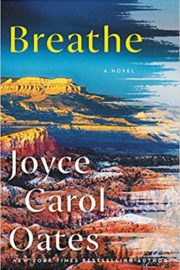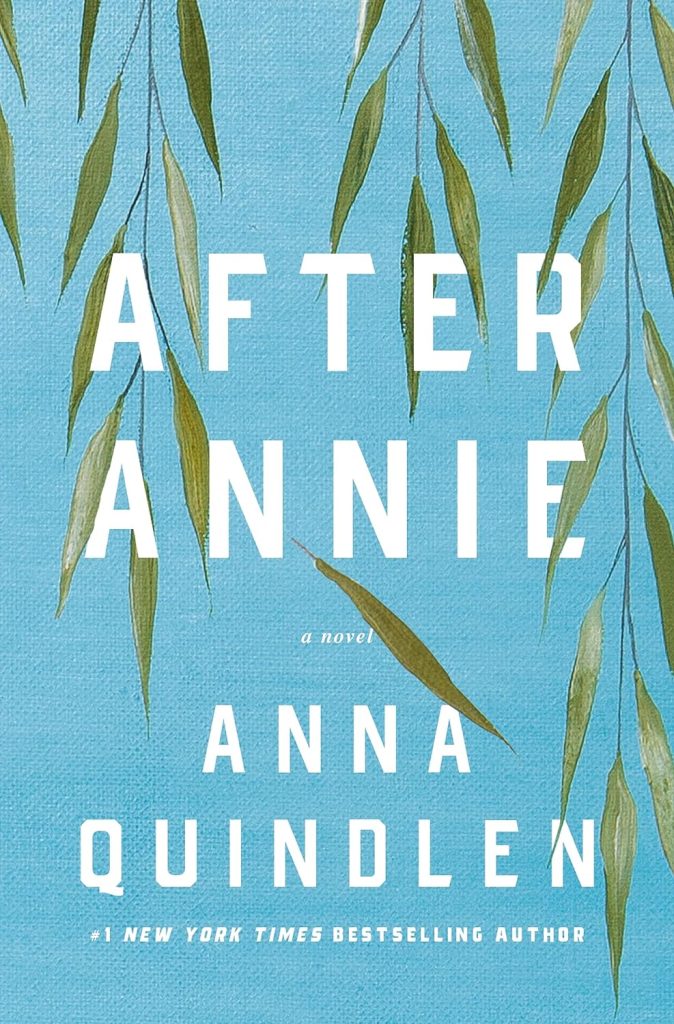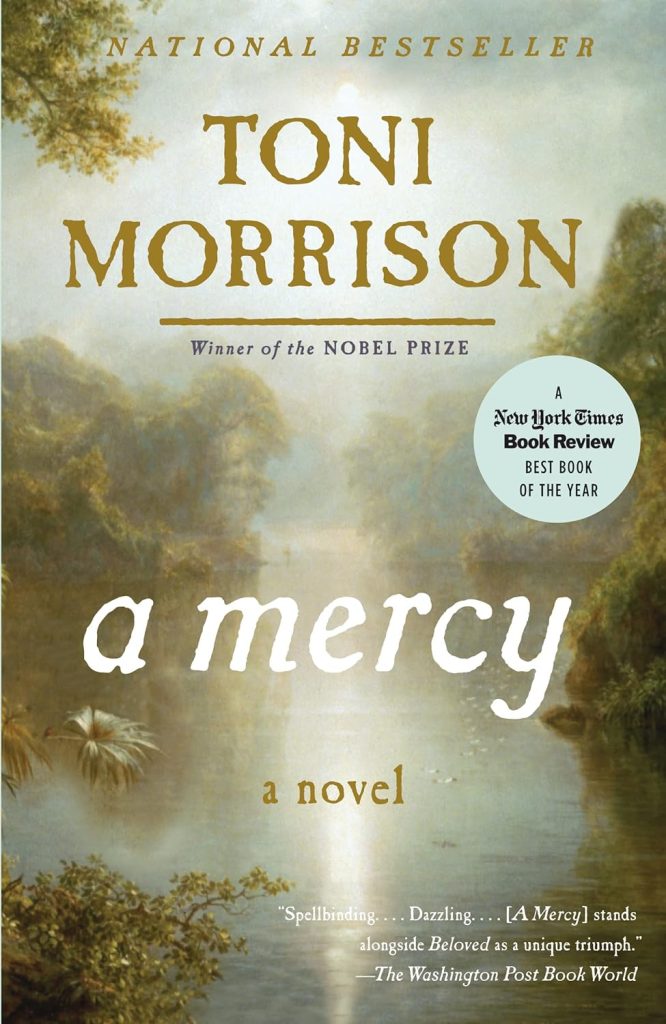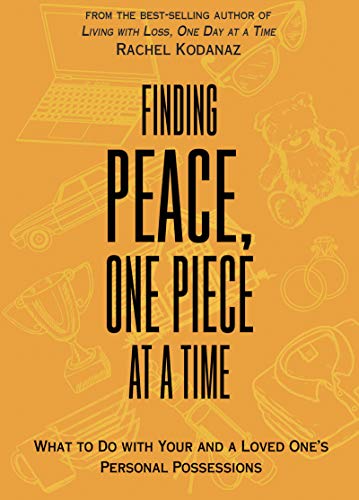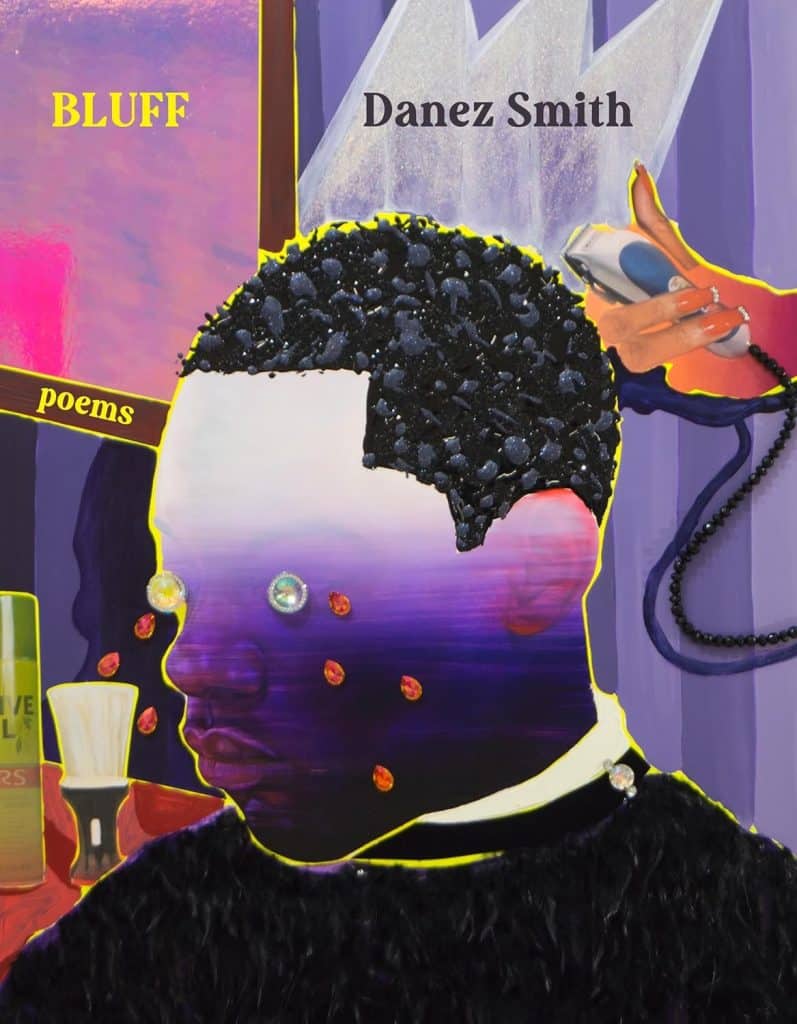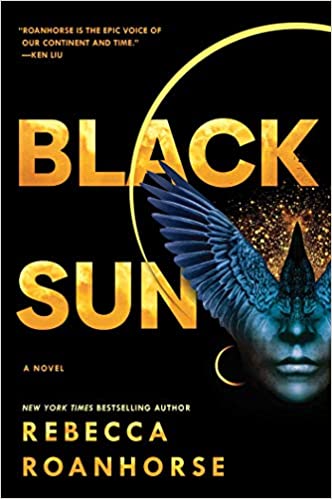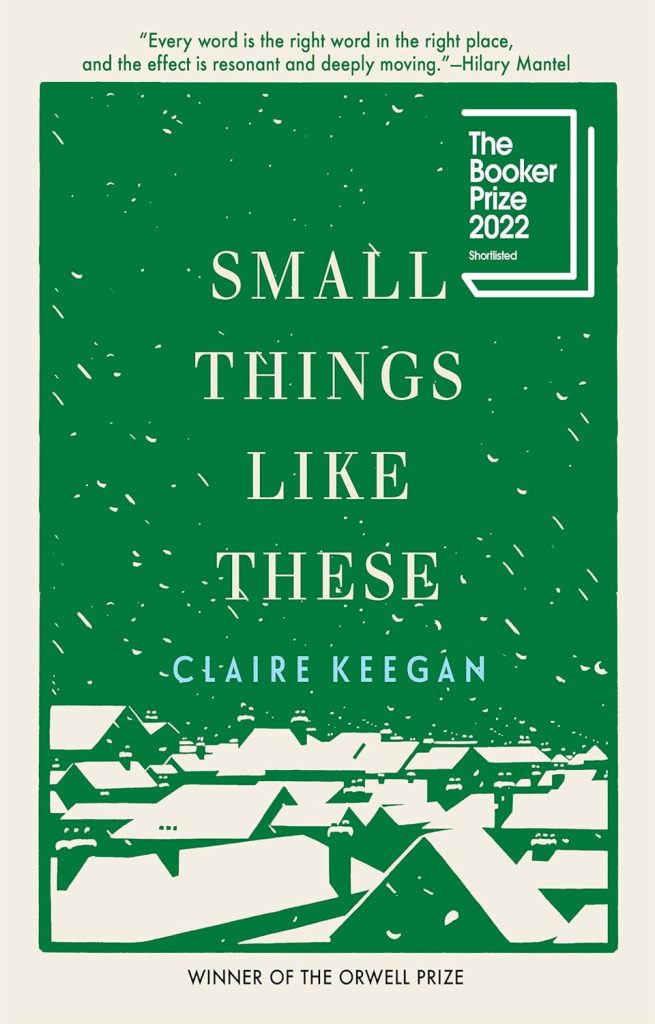Reading Breathe by Joyce Carol Oates was a book I knew I needed to read once Jan was diagnosed. Despite the possibility that the book would trigger negative memories, I finally read Breathe. It was what I needed to read at this point in my journey. Ms. Oates wrote the book in 2019 after her husband, Charlie Gross, died. The novel is a story of love, loss, and loneliness. These are topics that I write about on this blog.

Missing Jan at 3 AM
Estimated reading time: 0 minutes, 42 seconds Insomnia is my sleeping partner. I am tossed and turned like an omelet into wakefulness.
Insomnia is my sleeping partner. I am tossed and turned like an omelet into wakefulness.
At 3 AM, it feels like I am participating in a one-person vigil. For whom do I mourn?
Seven months since Jan died, I still reach out for her in our bed.
But is that why I toss and turn in our bed?
In Breathe, Joyce Carol Oates protagonist Michaela raises the widow’s greatest fear.
If there is no one to love, do we merit existence?
Love never dies, and I love Jan more every day. Is that enough reason to exist?
When you buy a book or product using a link on this page, I receive a commission. Thank you for supporting Sharing Jan’s Love blog.
